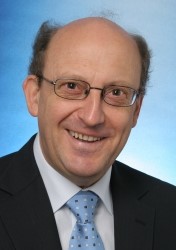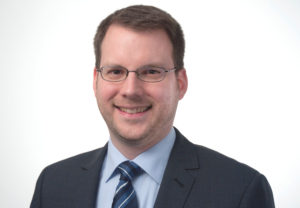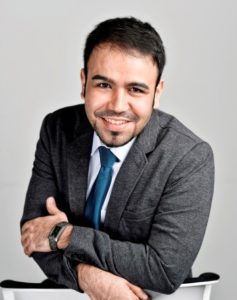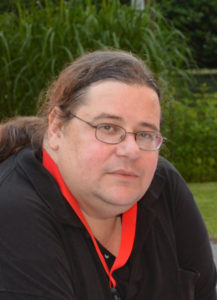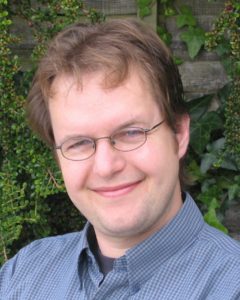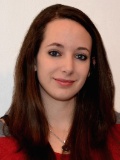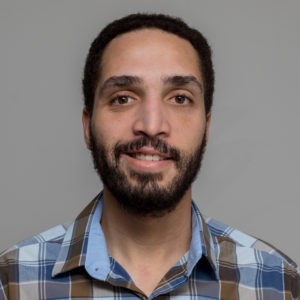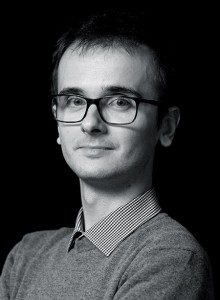Prof. Dr. Johannes Huber | 5. September 2019 | 16:00 Uhr | B04.1.06
Zum 250. Geburtstag von Joseph Fourier
Kurzfassung:
Der französische Mathematiker und Physiker Joseph Fourier (1768 – 1830) erkannte, dass jede mathematische Funktion in einem begrenzten Definitionsbereich durch eine Summe von sinus-Schwingungen approximierbar ist, was nicht zuletzt für die Ingenieurwissenschaften von eminenter Bedeutung ist. Im Vortrag wird zunächst versucht, die Grundaussagen der Theorie allgemeinverständlich zu veranschaulichen. Anmerkungen zum Empfinden von Wohlklang und Dissonanz in der Musik anhand der Fourier-Reihenentwicklung von Schallwellen sowie hochaktuelle Erkenntnisse von Fourier zum Treibhauseffekt der Erdatmosphäre aus dem Jahr 1827 ergänzen den Vortrag.
Johannes Huber studierte Elektrotechnik an der Technischen Universität München und erwarb 1977 das Diplom. Er wurde 1982 zur Dr.-Ing. promoviert und erhielt 1991 den Titel Dr.-Ing. habil. mit einer Monographie zur Trelliscodierung. Von 1991 bis März 2017 war er Inhaber des Lehrstuhls für Informationsübertragung an der Friedrich-Alexander-Universität Erlangen-Nürnberg. Seit April 2017 ist er Prof. em. am Institute for Digital Communications (IDC) dieser Universität. Von 2007 bis 2009 war er Dekan der Technischen Fakultät.
In der Forschung ist Johannes Huber auf den Gebieten digitale Übertragung, Informations- und Codierungstheorie, codierte Modulation, Entzerrungs- und Detektionsverfahren, MIMO-Übertragungsverfahren, DSL etc. aktiv. Er hat zwei Monographien verfasst und ist Autor und Co-Autor von ca. 340 wissenschaftlichen Veröffentlichungen. In den Jahren 1988, 2000 und 2006 wurden Publikationen, die er verfasst bzw. mit verfasst hat, mit dem Preis der deutschen informationstechnischen Gesellschaft ausgezeichnet. 2004 erhielt er den Innovationspreis der Vodafone-Stiftung für Mobilfunk und in den Jahren 2003 und 2010 wurde ihm der EEEfCOM Innovationspreis verliehen.
Prof. Huber ist Fellow of the IEEE, Corresponding Fellow of the Royal Society of Edinburgh und ordentliches Mitglied der Bayerischen Akademie der Wissenschaften (BAdW). An der BAdW leitet er die Kommission „Forum Technologie“ und ist stellvertretender Sprecher der Sektion III: Naturwissenschaften, Mathematik, Technikwissenschaften
Inzwischen sind 11 seiner ehemaligen Doktoranden selbst Professoren an namhaften Universitäten und Hochschulen.

